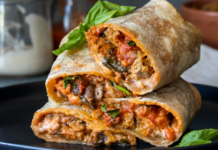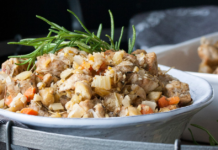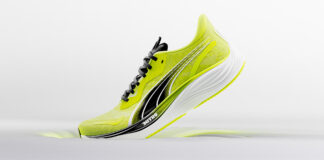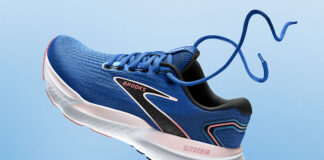
Gastrointestinal (GI) issues are some of the most common complaints of endurance athletes, particularly runners. According to the Canadian Society of Intestinal Research, 60 to 90 per cent of runners have experienced a GI symptom, including diarrhea, nausea, stomach cramping and bloating. The higher the intensity of the workout, the more pronounced the symptoms. While these symptoms do not have long-term consequences, they can still knock you off your game. It’s important to identify your personal triggers for GI issues, and consider how to manage the discomfort.
Here are three key causes of GI symptoms and solutions to try:
Food Intolerances
FODMAPs, or poorly absorbed, short-chain carbohydrates, are found in different types of food, including legumes, grains, alcohol and certain fruits and vegetables. Athletes might be sensitive to food higher in FODMAPS or specific types such as lactose in milk products and fructose in fruits or sports drinks. Sensitivity to FODMAPs can lead to many GI symptoms that can be heightened by anxiety or stress.
Try this: Focus on foods with lower FODMAPS such as carrots, kale, spinach, eggplant, sweet potato, blueberries, oranges, strawberries and gluten-free breads. You can find a complete list of high and low FODMAP foods at www.ibsdiets.org.
Timing of Food Intake
Some athletes’ GI symptoms might have nothing to do with what they eat and drink, but rather when. Eating food high in protein, fat and/or sugar could lead to pain and discomfort.
Try this: Adjust your diet in the lead up to your sporting event, or carefully time your intake of these types of food to help manage gut issues.
Stress
Competition is always accompanied by nerves, but extreme anxiety can get the best of athletes and their GI tracts. Anxiety, stress and tension very often cause spasms in the stomach muscles, intestines or colon, resulting in abdominal pain.
Try this: Control anxiety by following a pre-game routine or chatting with family and fellow athletes. Listening to music, visualization and relaxation techniques can help ease the mind and the stomach.
If your symptoms are serious, speak with your healthcare provider to identify specific causes and possible solutions.
Nutrition Tips For Athletes
- Stick to tried and true diets and routines that have worked. Use training runs to try new foods – not race day.
- Eat real food. Pre-race, ditch the energy bars and gels and go for a moderate meal containing fresh fruit and veggies, protein and a source of carbohydrates for energy.
- Read labels. Be wary of sweeteners and fillers used in energy bars, as these may be difficult to break down and digest.
- Hydrate. Dehydration can mess with your GI tract and slow the rate that food leaves the stomach. Monitor pre- and post-race weight and note the colour of your urine.













